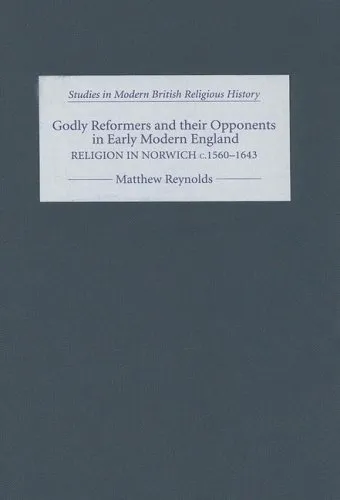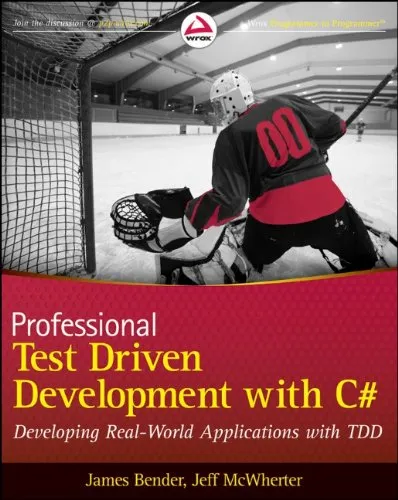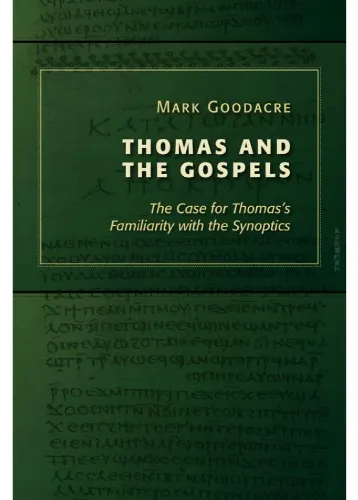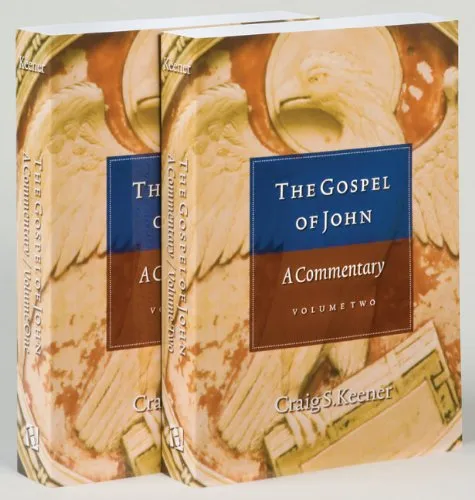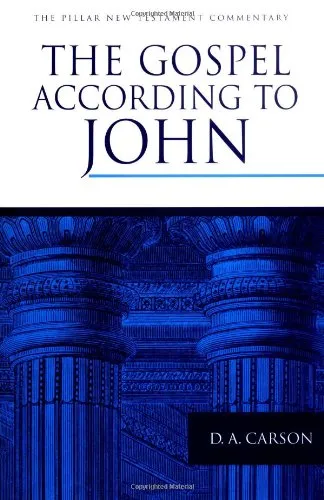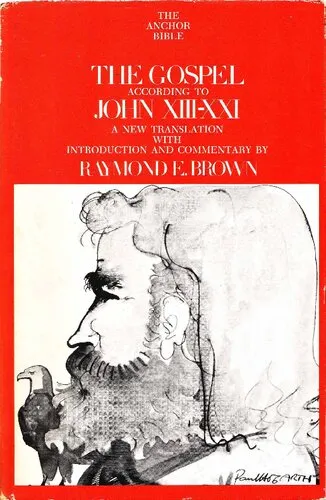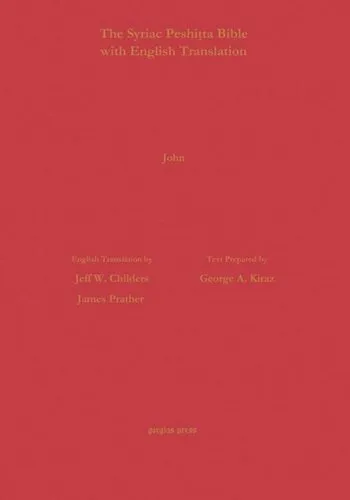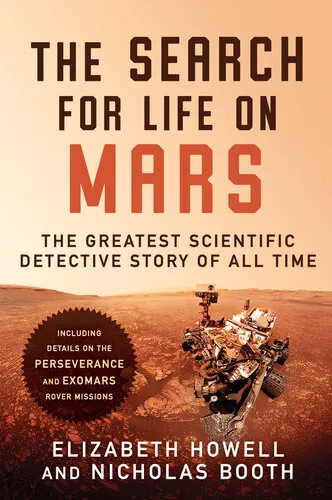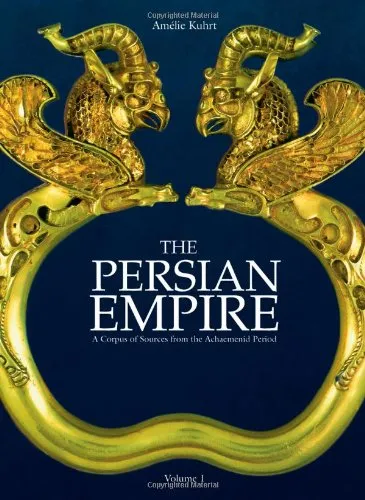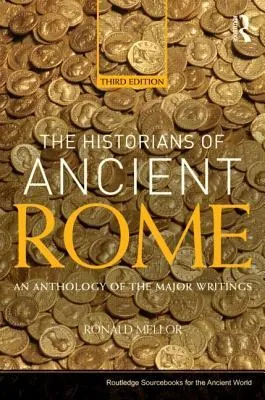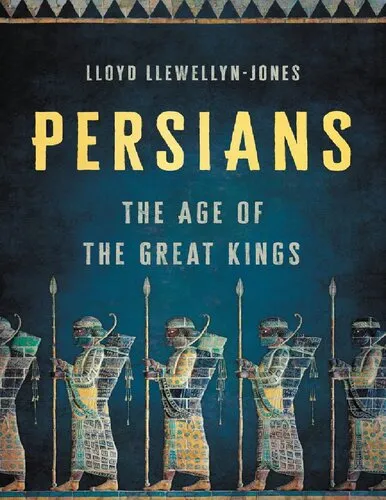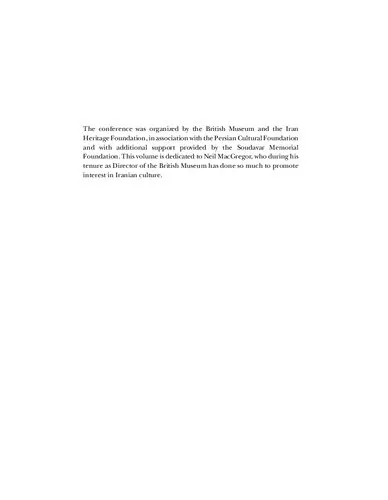Godly Reformers and their Opponents in Early Modern England: Religion in Norwich, c.1560-1643 (Studies in Modern British Religious History)
4.3
Reviews from our users

You Can Ask your questions from this book's AI after Login
Each download or ask from book AI costs 2 points. To earn more free points, please visit the Points Guide Page and complete some valuable actions.Related Refrences:
Introduction
Welcome to 'Godly Reformers and their Opponents in Early Modern England: Religion in Norwich, c.1560-1643'. This book offers a nuanced exploration of the religious dynamics in Norwich during a transformative period in English history. Matthew Reynolds delves into the conflicts and collaborations that shaped religious life, providing an in-depth analysis of the intersection between reformist and traditionalist ideologies.
Detailed Summary of the Book
The book delves into the complex tapestry of religious reform in Norwich, spanning from the Elizabethan Settlement through to the onset of the English Civil War. It examines the roles of various actors including clergy, civic leaders, and ordinary parishioners, in navigating the tumultuous religious landscape. By exploring primary sources such as church records, personal correspondences, and legal documents, Reynolds paints a vivid picture of how the 'Godly' reformers, who sought to purify the church from within, clashed with their more conservative opponents who favored traditional practices.
The narrative is set against the broader backdrop of early modern England's religious reforms, seeking to highlight the unique responses and adaptations seen in Norwich. Reynolds takes a thematic approach, segmenting the book into areas such as the impact of puritanism, the role of the church in community cohesion, and the influence of larger socio-political developments on local religious practices.
Key Takeaways
- Civic and religious leaders played pivotal roles in shaping the religious identity of Norwich.
- The tension between reform and tradition was not merely theological, but deeply entwined with social and political factors.
- The local narrative of religious conflict and cooperation offers insights into the broader religious reformation processes in early modern England.
- The persistence of traditional religious practices highlights the complexities involved in implementing reforms.
Famous Quotes from the Book
"The path to reform is seldom linear, but rather a web of interwoven beliefs, politics, and personal convictions."
"In Norwich, the pulpit and the council chamber were arenas where visions of a godly society were fervently contested."
Why This Book Matters
This book is significant for both historians and readers interested in the religious transformations of early modern England. It provides a microhistorical study that reveals the intricate details of how ordinary people lived and reacted to the sweeping changes of their time. By focusing on Norwich, Reynolds offers a case study in the local experiences of a national movement, showing how communities contributed to the broader narrative of religious reform.
Moreover, the book sheds light on the perennial themes of conflict and conciliation, allowing modern readers to draw parallels with contemporary religious and societal shifts. Understanding these historical processes is crucial for anyone interested in the dynamics of religious reform and the enduring quest for a balance between tradition and change.
Free Direct Download
You Can Download this book after Login
Accessing books through legal platforms and public libraries not only supports the rights of authors and publishers but also contributes to the sustainability of reading culture. Before downloading, please take a moment to consider these options.
Find this book on other platforms:
WorldCat helps you find books in libraries worldwide.
See ratings, reviews, and discussions on Goodreads.
Find and buy rare or used books on AbeBooks.
1394
بازدید4.3
امتیاز0
نظر98%
رضایتReviews:
4.3
Based on 0 users review
Questions & Answers
Ask questions about this book or help others by answering
No questions yet. Be the first to ask!
